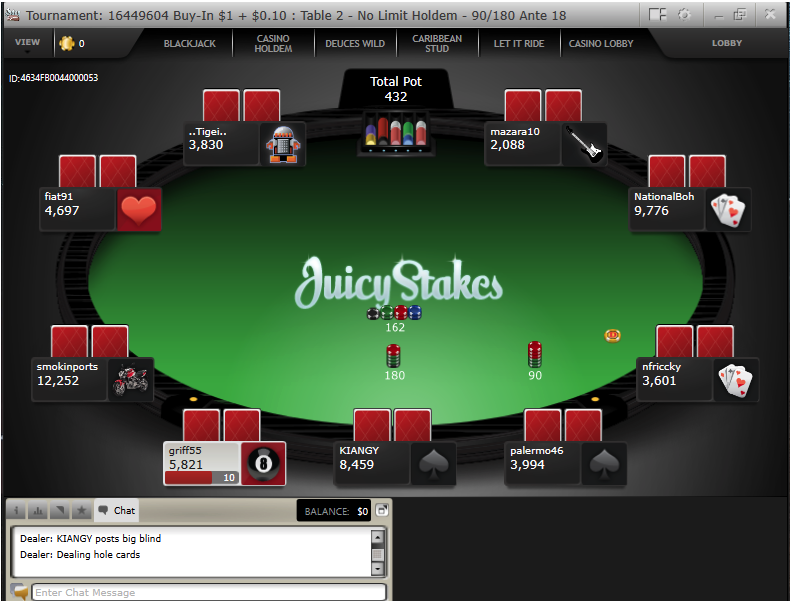Roads to Riches (or Bust)
The allure of winning big has drawn people to casinos and slot machines for centuries. While some strike it rich, others leave empty-handed, questioning what went wrong. What’s the secret to success in these high-stakes games? We’ll explore the strategies, myths, and realities that lead players down either path.
The Allure of Easy Money
Slot https://crossyroad-casino.com/ machines are a staple of casinos worldwide, with their bright lights and enticing sounds promising instant riches. The idea is simple: insert coins or dollars, spin the reels, and win big. But is it really possible to strike gold at the press of a button? A study by the University of California found that slot machines are designed to be addictive, using psychological tactics like variable rewards and near-miss effects to keep players engaged.
In reality, the odds of winning on slots are stacked against you. The house edge, or built-in profit for the casino, can range from 5% to over 15%, depending on the machine and game type. Even if you win, it’s unlikely you’ll recoup your losses – a phenomenon known as the "gambler’s fallacy." Players often believe that past outcomes affect future results, but in reality, each spin is an independent event.
The High-Roller Mentality
High-stakes gamblers often approach their game with confidence and arrogance. They may feel that skill or intuition gives them an edge over the house, ignoring basic probability principles. This mentality can lead to massive losses as they chase progressive jackpots or try to "win back" lost funds. In reality, even the most skilled players can’t overcome the built-in odds.
A 2011 study by Cambridge University found that high-rollers often experience a psychological phenomenon called "loss aversion," where the pain of losing is greater than the pleasure of winning. This leads them to take increasingly reckless risks in an attempt to recoup their losses. The law of averages can’t be beaten – eventually, even the most skilled players will hit a cold streak.
The Myth of Hot and Cold Streaks
Casino regulars often swear by the existence of hot and cold slots or tables. They claim that certain machines or games are due for a win (hot) or are on a losing streak (cold). This superstition can lead to chasing losses or seeking out perceived "luckier" games. However, experts agree that there’s no scientific basis for these theories.
In reality, each spin or hand is an independent event with its own probability of winning. The results have no connection to previous outcomes – a slot machine won’t remember your last win (or loss) and adjust the odds accordingly. Even skilled players can’t identify hot or cold streaks, as the house edge remains consistent.
The Art of Bankroll Management
So how do successful gamblers minimize their losses and maximize their wins? It’s not about beating the house edge; it’s about managing your bankroll effectively. This means setting limits, tracking expenses, and sticking to a budget. Many professional gamblers also use advanced strategies like progressive betting or the Kelly Criterion to optimize their wagers.
Effective bankroll management requires discipline, patience, and a solid understanding of probability. Gamblers should always prioritize responsible gaming practices, including setting win/loss limits, avoiding tilt (emotional decision-making), and taking regular breaks to maintain mental clarity.
The Dangers of Addiction
As we’ve seen, slot machines are designed to be addictive. But what happens when the allure of easy money becomes an all-consuming obsession? Problem gambling can lead to financial ruin, relationship strain, and even health problems. The most concerning aspect is that casinos often knowingly exploit this vulnerability – research suggests that they use psychological manipulation to keep players engaged.
A 2017 study by Harvard University found that problem gamblers exhibit similar brain activity patterns as those with substance abuse disorders, highlighting the addictive nature of gaming. Casinos must take responsibility for mitigating these risks, but many fail to do so.
Conclusion
The allure of easy money is a siren’s call that beckons gamblers down the path to riches (or bust). While some succeed in beating the odds, others succumb to addiction and financial ruin. The secrets to success lie not in chasing hot streaks or exploiting loopholes but in understanding probability, managing risk, and adopting responsible gaming practices.
Ultimately, casinos and slot machines are businesses designed to generate revenue – profits come from players who don’t understand the odds or can’t resist their allure. It’s essential for gamblers to acknowledge these realities, set realistic expectations, and prioritize responsible gaming habits. Only then can they truly navigate the roads to riches (or bust) with a clear understanding of what lies ahead.
Addendum
To supplement this article, consider exploring online resources like:
- The National Council on Problem Gambling (NCPG): A comprehensive guide to problem gambling awareness, education, and support.
- The Nevada Gaming Control Board: Regulators provide insights into responsible gaming practices and slot machine odds.
- Research studies by organizations like Cambridge University and Harvard University offer in-depth analysis of the psychology behind gamblers’ behavior.
Remember that individual results may vary – some players do win big. However, it’s essential to separate fact from fiction and prioritize informed decision-making when navigating the world of casinos and slots.


